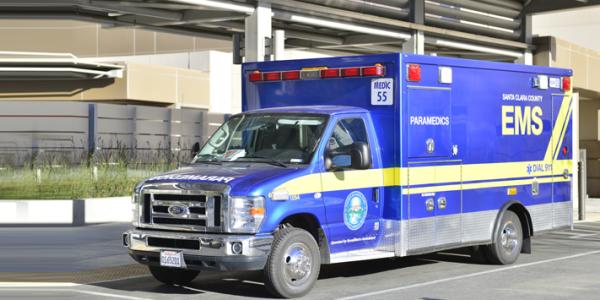


請點擊此轉換成中文
When you get sick, the first place you should turn is your primary care provider. He or she knows you best and is aware of any current medical conditions that might impact how you are feeling, allowing him or her to make the most informed decision about needed tests or treatment. They can also help prevent problems before they develop. Seeing a primary care doctor is truly the best option when there is the ability to plan ahead or wait until a later time for an appointment.
But when something happens in the middle of the night, while traveling, or when symptoms come on suddenly, then what do you do? Is urgent care or emergency care the better option? The answer may be simpler than you think.
Urgent care is the more cost-effective choice of the two options, and if the condition isn’t life-threatening but still requires immediate attention, then finding a nearby urgent care center is likely the best decision. The hours at an urgent care center are normally extended beyond business hours and weekend hours. No appointment is necessary, although some centers like El Camino Health’s Urgent Care in Cupertino and Mountain View allow individuals to schedule a specific appointment time and offer virtual visits. These are open 7 days per week from 9 a.m. to 7 p.m. Utilizing urgent care services will save a patient money in the long run.
Urgent care centers are best suited to treat conditions such as:
If urgent care identifies that you have a more serious condition, then you will be sent to the emergency room for a more detailed evaluation, in which case you will be billed by both the urgent care and the emergency room.
El Camino Health's Emergency rooms are without a doubt, the best option for treating severe and life-threatening conditions. They are open 24 hours a day, seven days a week. If your condition could permanently impair or endanger your life, it is an emergency. The hospital emergency room is staffed and equipped to handle complex and critical situations, ranging from heart attacks and strokes to traumatic injuries resulting from car crashes and serious accidents.
Medical conditions requiring immediate or advanced treatments, such as surgery, are best addressed in an emergency room at a hospital. Although there is no definitive list of ailments that must be treated in an emergency room setting, listed below are some common reasons to visit an emergency room rather than an urgent care center:
If the person is showing signs of a life-threatening condition including difficulty breathing, loss of consciousness, or has become non-responsive, call 911 immediately so an ambulance take him or her to the emergency room and time-saving medical care can be given in the ambulance while they are being transported to the hospital. Precious minutes can mean the difference between life and death.
Remember, emergency rooms treat patients based on the severity of each individual’s situation. The average time from arrival to departure is over two hours, while urgent care patients are seen on a first-come, first-serve basis, and most people will be in and out within 30 minutes.
It is a good idea to know where the closest emergency room and urgent care centers are in your neighborhood and the hours for urgent care centers in the area. If your insurance carrier provides a 24-hour nurse line, you should keep that number handy as this resource can help guide you to the right care provider based on your symptoms.

Identify your risk factors and what to do if you are at risk.